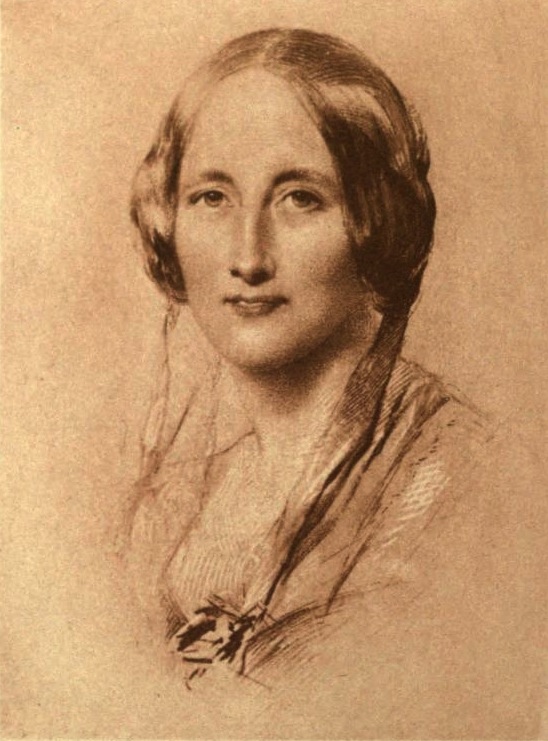Tuesday
Yesterday, I wrote about the enormous popularity of Charles Dickens’s Christmas Carol in 1843. Of course, whenever a publishing venture proves so popular, other authors will follow. One such story seems particularly applicable to today’s America: Elizabeth Gaskell’s “Christmas Storms and Sunshine,” written in 1848. (You can read it here.)
It’s applicable because it speaks to political polarization. With worker unrest on the rise, 1848 was a particularly volatile year. Revolutions broke out all over Europe, leading Marx and Engels to write The Communist Manifesto. Although England itself didn’t experience a revolution, it was still a charged time, which may be one reason why Gaskell penned a story about two newspaper men, one Tory and one Radical, who happen to be next door neighbors. The story begins with an account of their newspaper rivalry:
In the town of —- (no matter where) there circulated two local newspapers (no matter when). Now the Flying Post was long established and respectable — alias bigoted and Tory; the Examiner was spirited and intelligent — alias new-fangled and democratic. Every week these newspapers contained articles abusing each other; as cross and peppery as articles could be, and evidently the production of irritated minds, although they seemed to have one stereotyped commencement, — ‘Though the article appearing in last week’s Post (or Examiner) is below contempt, yet we have been induced,’ &c., &c., and every Saturday the Radical shopkeepers shook hands together, and agreed that the Post was done for, by the slashing, clever Examiner; while the more dignified Tories began by regretting that Johnson should think that low paper, only read by a few of the vulgar, worth wasting his wit upon; however the Examiner was at its last gasp.
The story, however, focuses on the wives of the editors rather than the editors themselves. It so happens that the Tory wife has a cat but no children whereas the Radical wife has a child but no cat. That’s because, overwhelmed with motherhood responsibilities, she’s not always careful about keeping her larder carefully locked up, which makes it the target of the neighboring cat. Shortly after the story begins, said cat spoils the mutton she is serving for dinner.
This in turn causes the mother to beat the cat, thereby drawing upon herself the wrath of her neighbor.
I won’t go into all the various ways that the enmity is overcome but it involves the baby becoming ill, at which other points of contention fade into insignificance. By the end of the story, the two families are dining together. At one point, we see the Tory wife rocking the baby and the Radical wife stroking the cat.
At work, meanwhile, each man becomes more open-minded about the other. Now, they still don’t agree about their fundamental principles. But they don’t abuse each other to the extent they once did, leading Gaskell to conclude,
If any of you have any quarrels, or misunderstandings, or coolnesses, or cold shoulders, or shynesses, or tiffs, or miffs, or huffs, with anyone else, just make friends before Christmas, — you will be so much merrier if you do.
I ask it of you for the sake of that old angelic song, heard so many years ago by the shepherds, keeping watch by night, on Bethlehem Heights.
One can dream.
